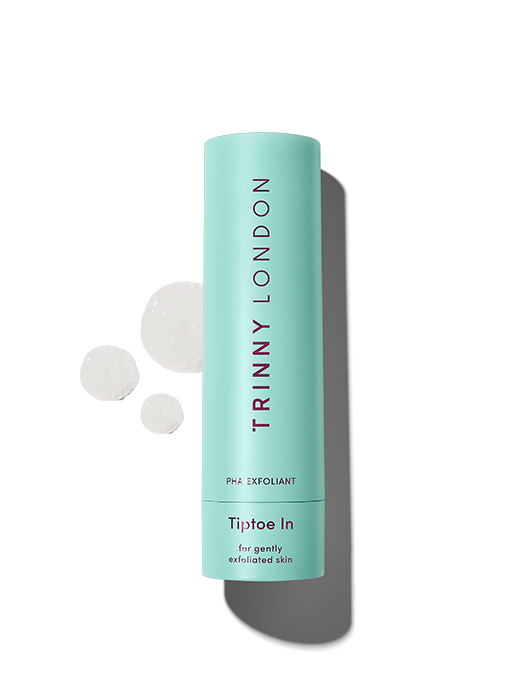
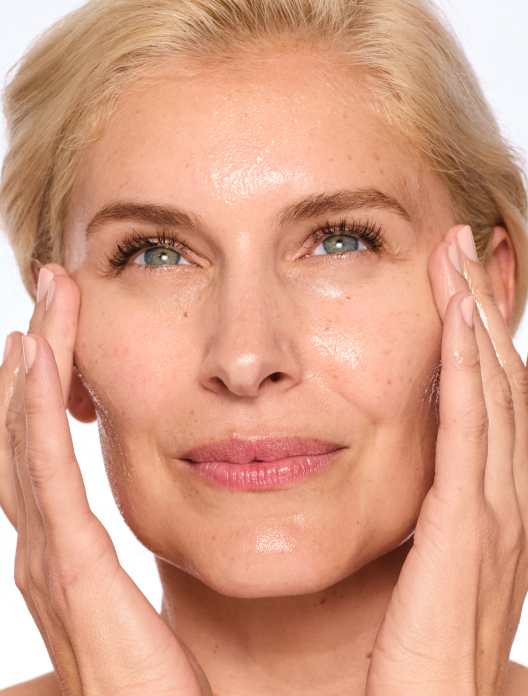
Tiptoe In
Kind-to-skin exfoliant for radiant skin, suitable for all skin types
Choose 3 free samples with every order

Keeping your skin happy can be tricky business. It’s not uncommon for skin to be happily enjoying a consistent skincare routine, only to be knocked off kilter by the arrival of summer.
Think of it like this. A cashmere jumper, jeans and boots might be a failsafe outfit option from autumn through to early spring, but as soon as the mercury rises those staples become far less comfortable. You need to switch things up, moving towards lighter fabrics and breezy silhouettes. It can be a similar process for your skin, and you may find that ingredients that previously left your skin looking and feeling great are no longer playing ball.
The sun impacts our skin in a number of different ways. It can cause sunburn and allergies, both of which can make your complexion feel more sensitive. Sun exposure can also trigger hyperpigmentation and photoageing, with around 80% of visible facial ageing caused by the sun.
It’s not just the time of year we need to take into account when it comes to the sun and our skin, but the different phases of our lives too. “During pregnancy, the increase in hormones oestrogen and progesterone, as well as the melanocyte stimulating hormone (MSH) is thought to trigger melasma,” explains Consultant Dermatologist Dr Justine Hextall. “It is a combination of these hormones and UV exposure.” In case you are unfamiliar with the term, melasma is a type of hyperpigmentation. Unlike age spots, melasma covers a larger surface area and tends to crop up mainly on the forehead, upper cheeks and upper lip. It can be difficult to treat, and frequently recurs.
As we approach menopause, hormone levels rise again. “During peri-menopause there are surges in oestrogen that can have a similar effect to during pregnancy. Taking HRT can also increase UV-induced pigmentation. While we have known that UVA and UVB are involved in unwanted skin pigmentation such as melasma and sun spots, there is increasing evidence for the role of longer wavelengths such as visible light.” This is the light our eyes can see, unlike UVA and UVB which are undetectable to us. “Antioxidants can play an important part in protecting against these longer wavelengths used alongside the traditional mineral and chemical UV filters.”
Not sure which ingredients to incorporate into your routine during the summer months? Learning which can increase sun sensitivity is a good place to start.
Despite its name, hyaluronic acid doesn’t behave like other skincare acids such as alpha-hydroxy and retinoic acid which exfoliate skin or increase cell turnover. Instead, it does a brilliant job of attracting moisture into the skin to help counteract summer skin dehydration. “Hyaluronic acid will help to hold hydration in the skin, and it won’t induce sun sensitivity,” explains Dr Hextall. “As a humectant, hyaluronic helps to draw moisture to the skin barrier to keep skin calm and hydrated.”
Vitamin C shouldn’t increase sun sensitivity – quite the opposite. As an antioxidant, vitamin C can help to support the work of your SPF to shield the skin from some of the damage that comes from UV rays. “Serums with antioxidants, like vitamin C, help to mop up free radical damage from UV exposure,” says Dr Hextall. “Antioxidants can also help to suppress pigment-inducing enzymes such as tyrosinase.” By inhibiting the production of these enzymes, you’re far less likely to develop hyperpigmentation like sun spots or melasma.
The category of retinoids is vast, spanning from prescription strength retinoic acid (like tretinoin), past retinal and retinol, to esters like retinyl palmitate. How sensitive your skin is to the sun after using a retinoid will depend on which ingredient your product contains. “Retinoids can definitely make your skin more sun sensitive,” advises Dr Hextall. “In some cases individuals notice that they are more susceptible to sunburn when applying topically.” Why is this? Retinoids have the ability to speed up the rate at which our cells turnover, revealing the newer skin underneath. As this skin hasn’t been exposed to the sun before, it is more prone to damage. Using a retinoid and not following with a daily broad-spectrum SPF is akin to not using an umbrella when leaving the salon in a storm. You’re simply undoing all your hard work.
As an ingredient, niacinamide is the ultimate multi-tasker. It does a top-notch job of helping to balance oil production in the skin, as well as soothe redness – making it a great choice for anyone who’s struggling with summer-induced breakouts. Niacinamide also plays nicely with the sun. “Niacinamide will not increase sun sensitivity,” says Dr Hextall. “It is an excellent ingredient that helps to calm inflammation, protect the skin barrier and reduce post-inflammatory pigmentation. To help blemish-prone skin and reduce pigmentation it is one of the best additions to skincare.”
Liquid exfoliants work by breaking down the bonds that hold old, redundant skin cells to the surface. They reveal the fresher, younger skin beneath which, as it is newer, is more prone to damage from UV rays. “If using exfoliating acids such as alpha-hydroxy acids, it has been shown that skin can be more UV sensitive,” says Dr Hextall. Although important to keep in mind, this doesn’t mean that alpha-hydroxy acids and beta-hydroxy acids are suddenly persona non grata within your routine. If you’re concerned, or finding that your skin is feeling more sensitive, you may just want to scale back their usage slightly to fewer nights a week. But if they’re not causing you any problems, continue as usual – as long as you’re protecting your skin during the day. “To prevent the damage that comes with UV exposure it is even more important to wear a high factor, broad-spectrum suncream when using these actives,” adds Dr Hextall.
Whether or not you choose to incorporate any of the above active ingredients into your summer skincare routine is up to you, but what you really need during the summer is a good, high-factor, broad-spectrum SPF. “During the summer months there is significantly more UVB which is a high energy, shorter wavelength that is associated with sunburn,” explains Dr Hextall. “It is also a high risk wavelength for skin cancer, including melanoma. I always say to my patients that sunshine is good for us, as there are so many benefits including stimulating the production of vitamin D. But, like most good things in life, moderation is key and avoiding sunburn is the most important message.” It is also worth noting that UVA rays, which are responsible for the majority of all skin ageing, are present all year round and can penetrate through both clouds and glass. To keep them at bay, commit to your sunscreen in all seasons.
Shop the article


Kind-to-skin exfoliant for radiant skin, suitable for all skin types
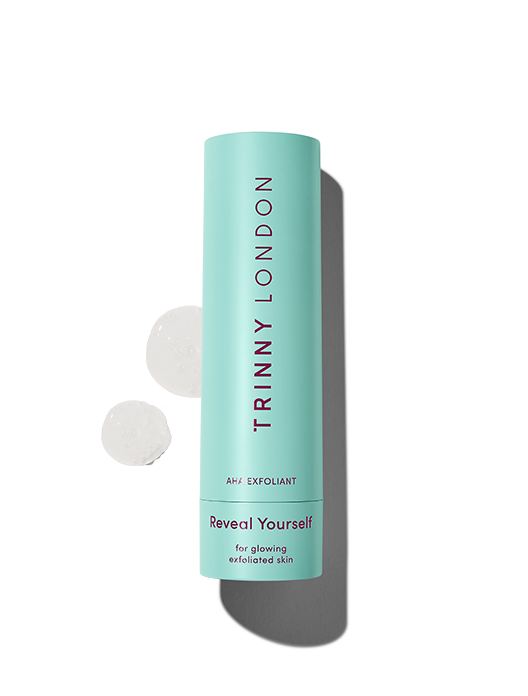
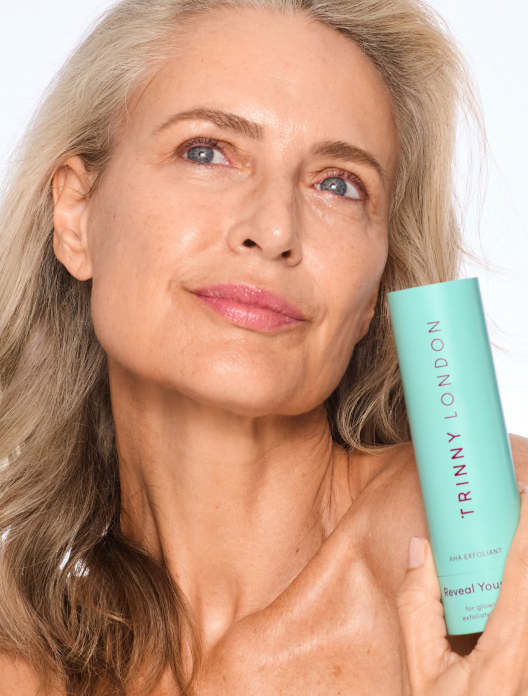
Highly active exfoliant for glowing skin, suitable for all skin types except sensitive
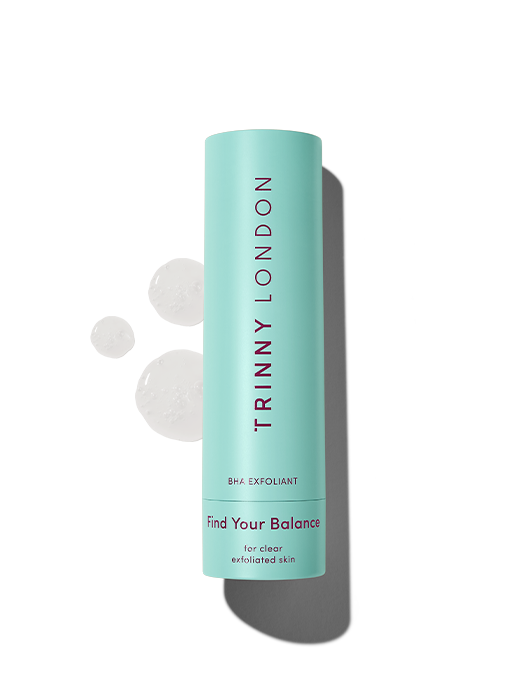
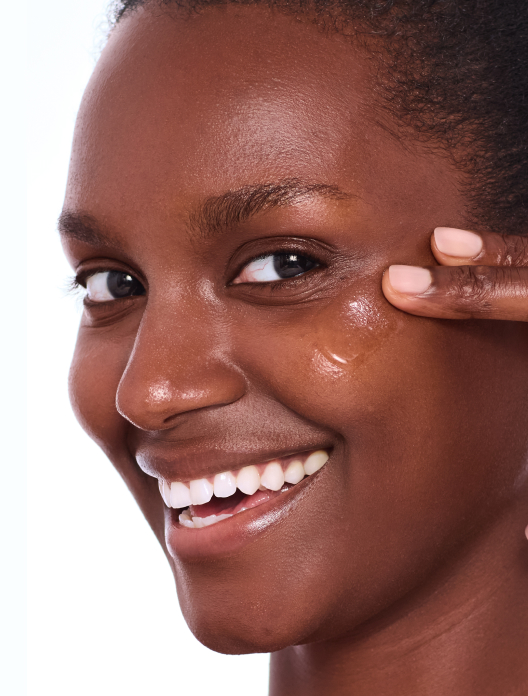
Clarifying complex to tackle blemishes

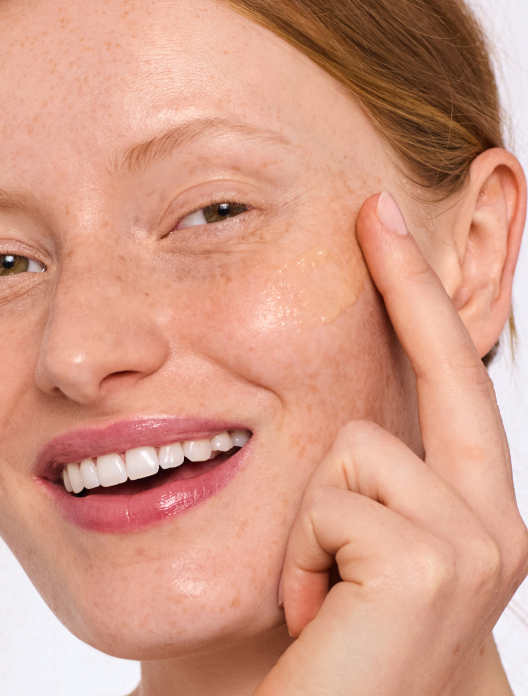
30% vitamin C serum for visibly brighter, glowing skin, suitable for highly experienced skincare users (not for sensitive skin)
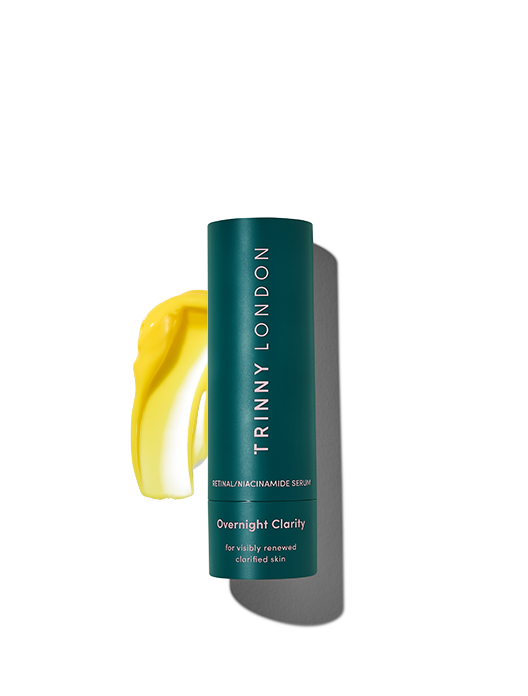
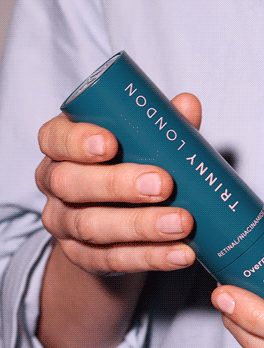
Retinal/niacinamide serum for visibly smooth, even skin, suitable for all skin types
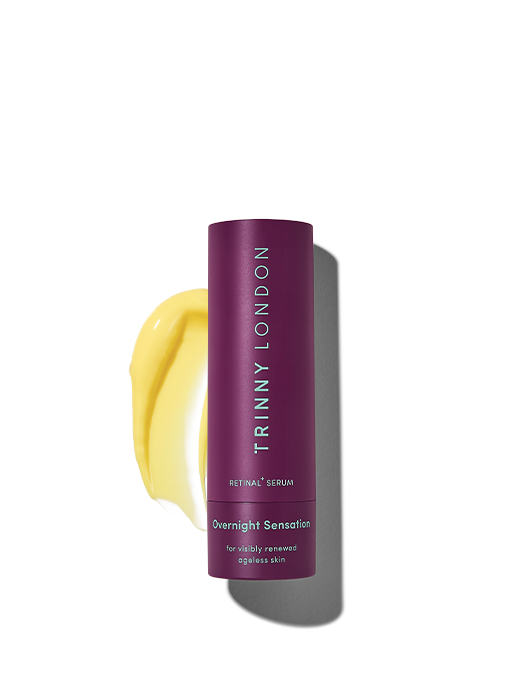
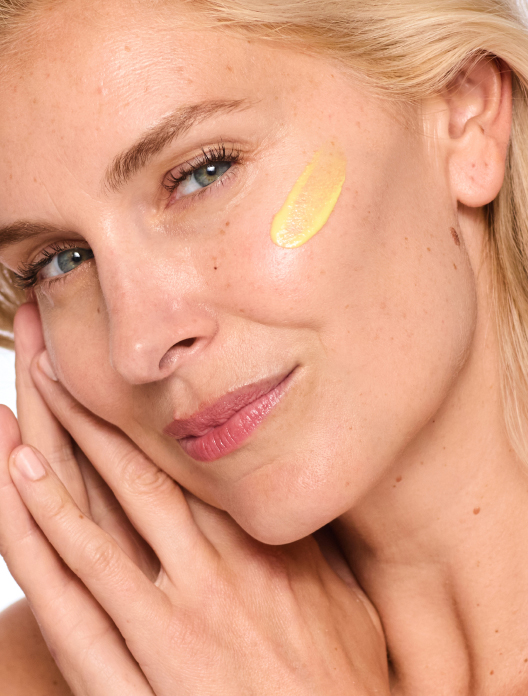
High-dose retinal serum for renewed, smooth skin, suitable for all skin types